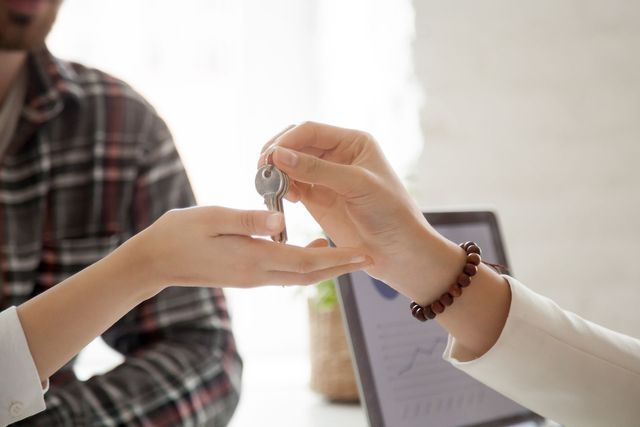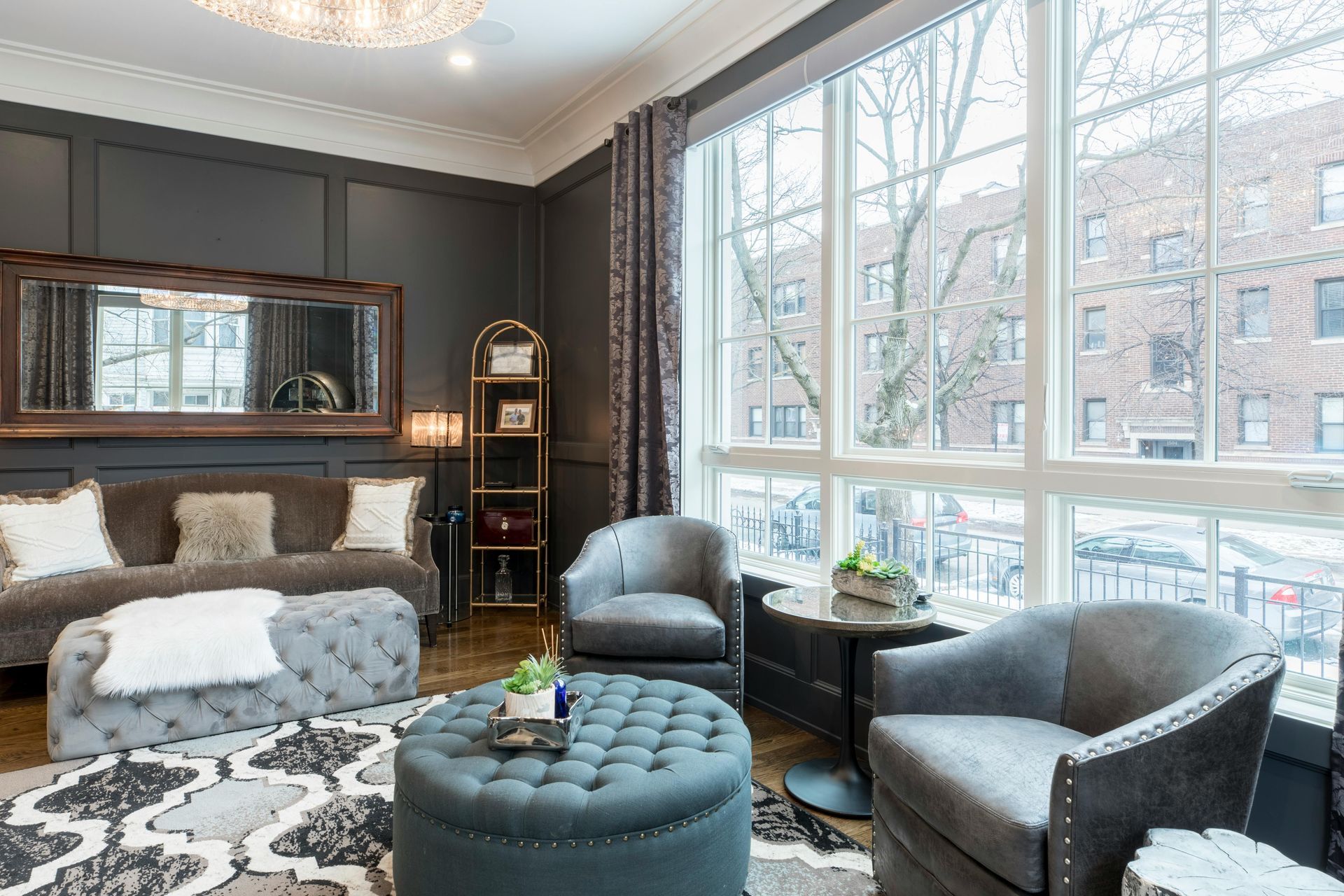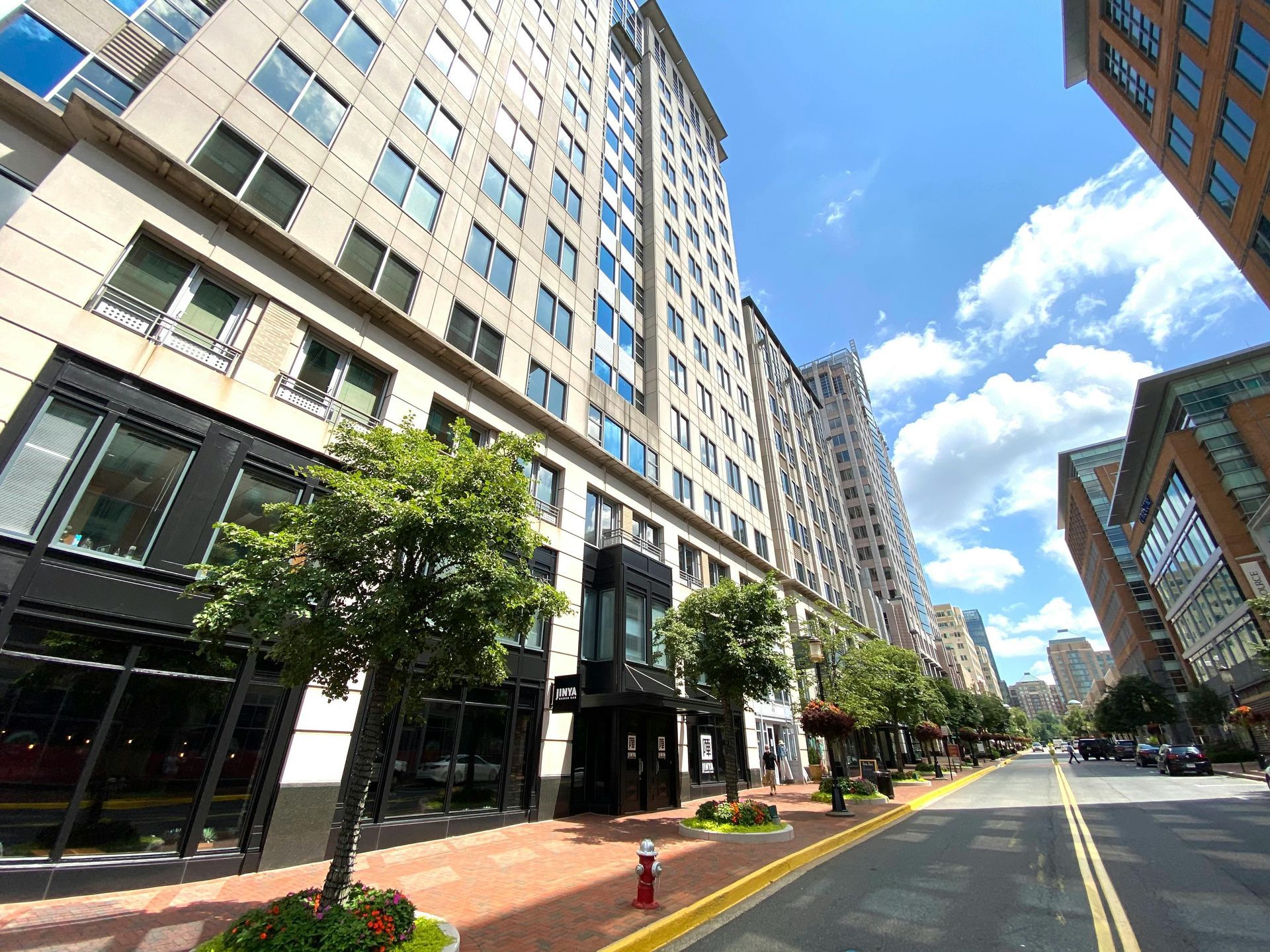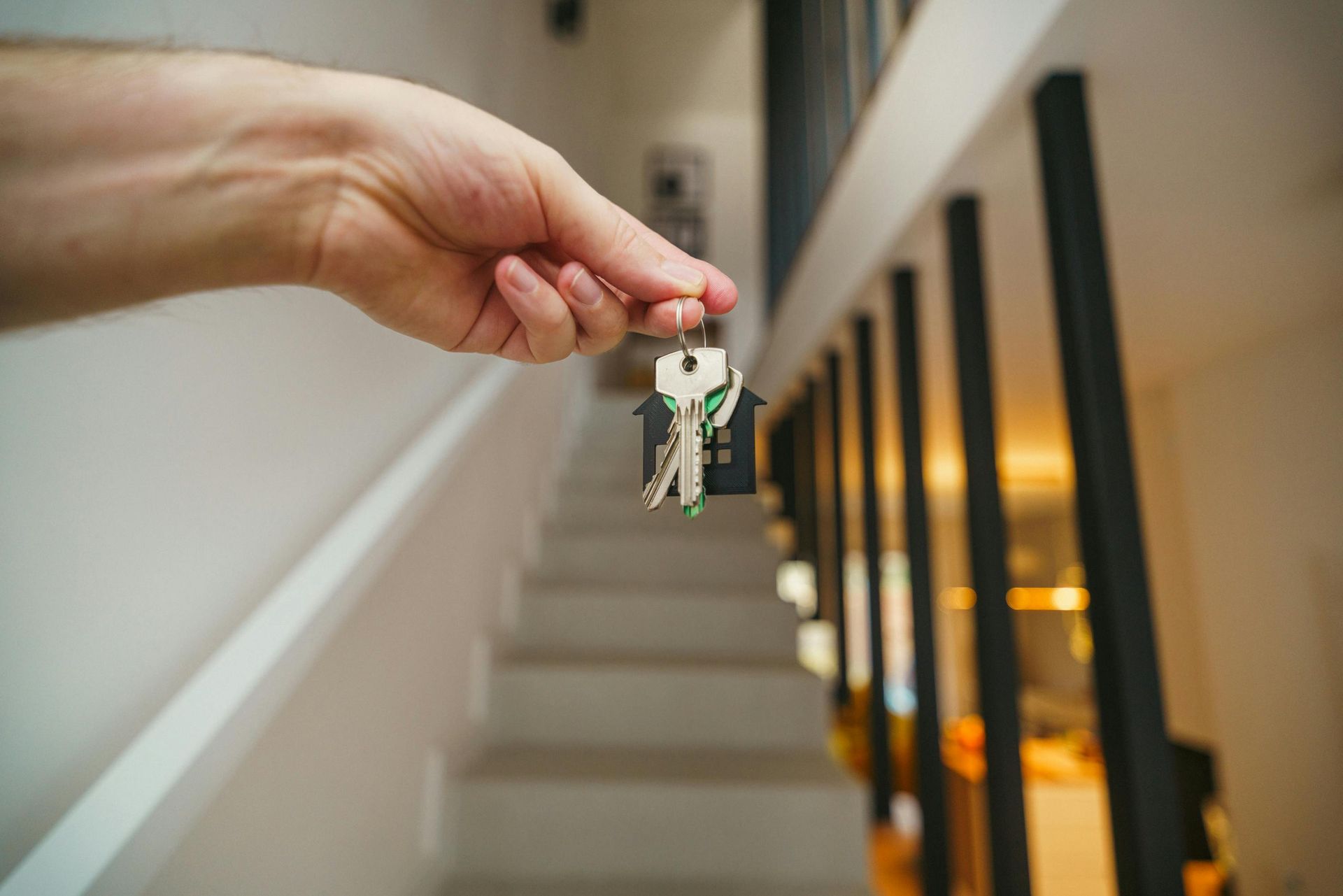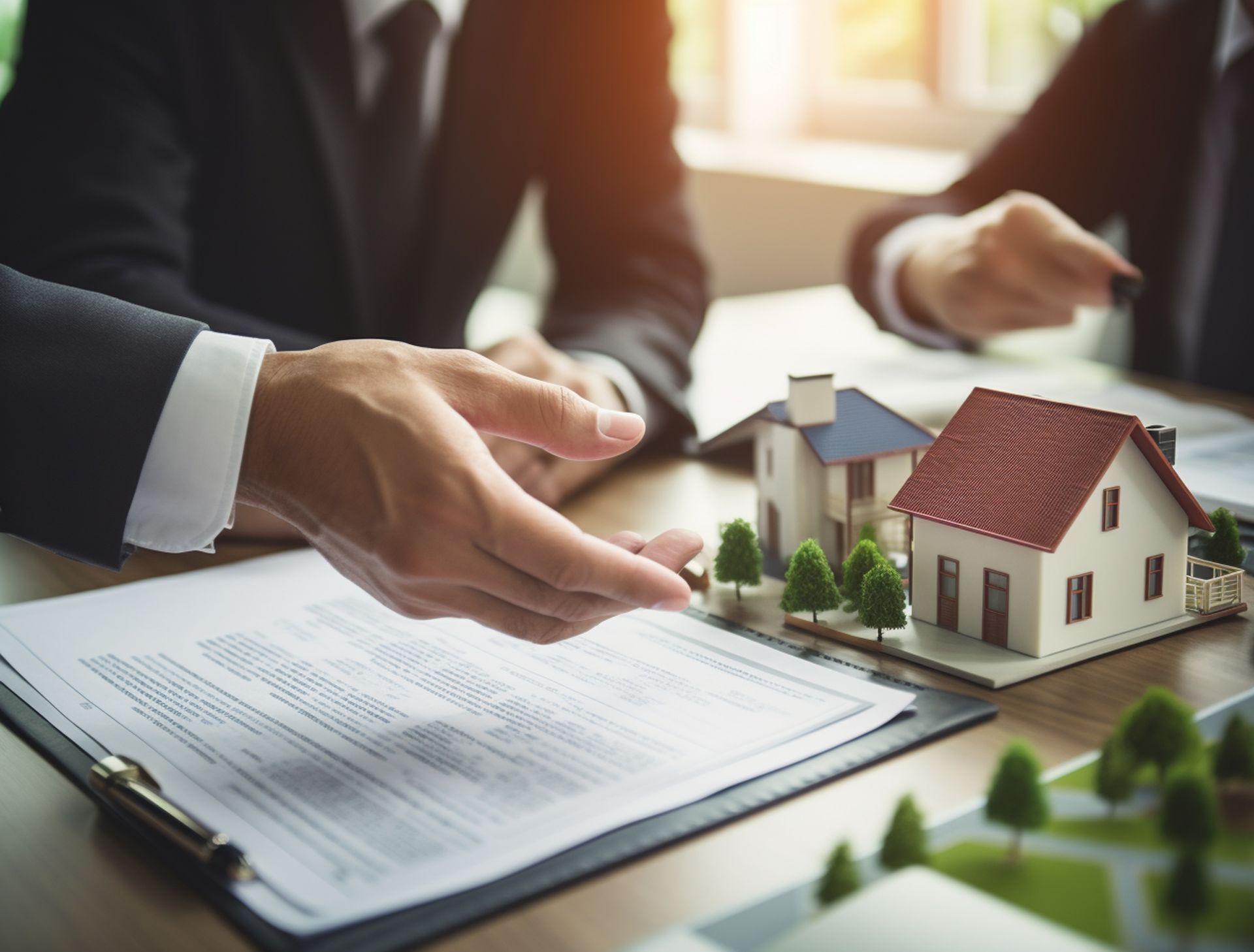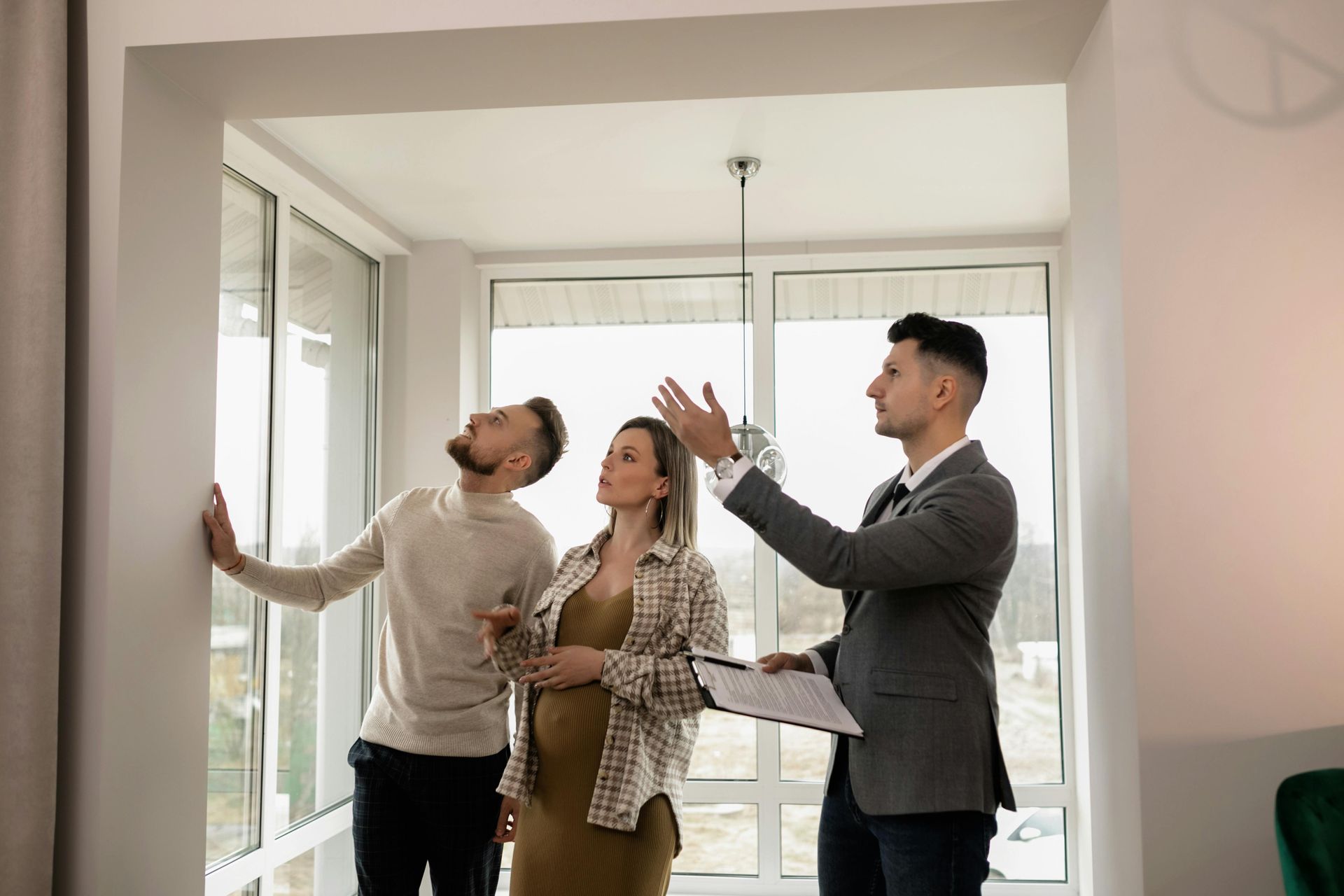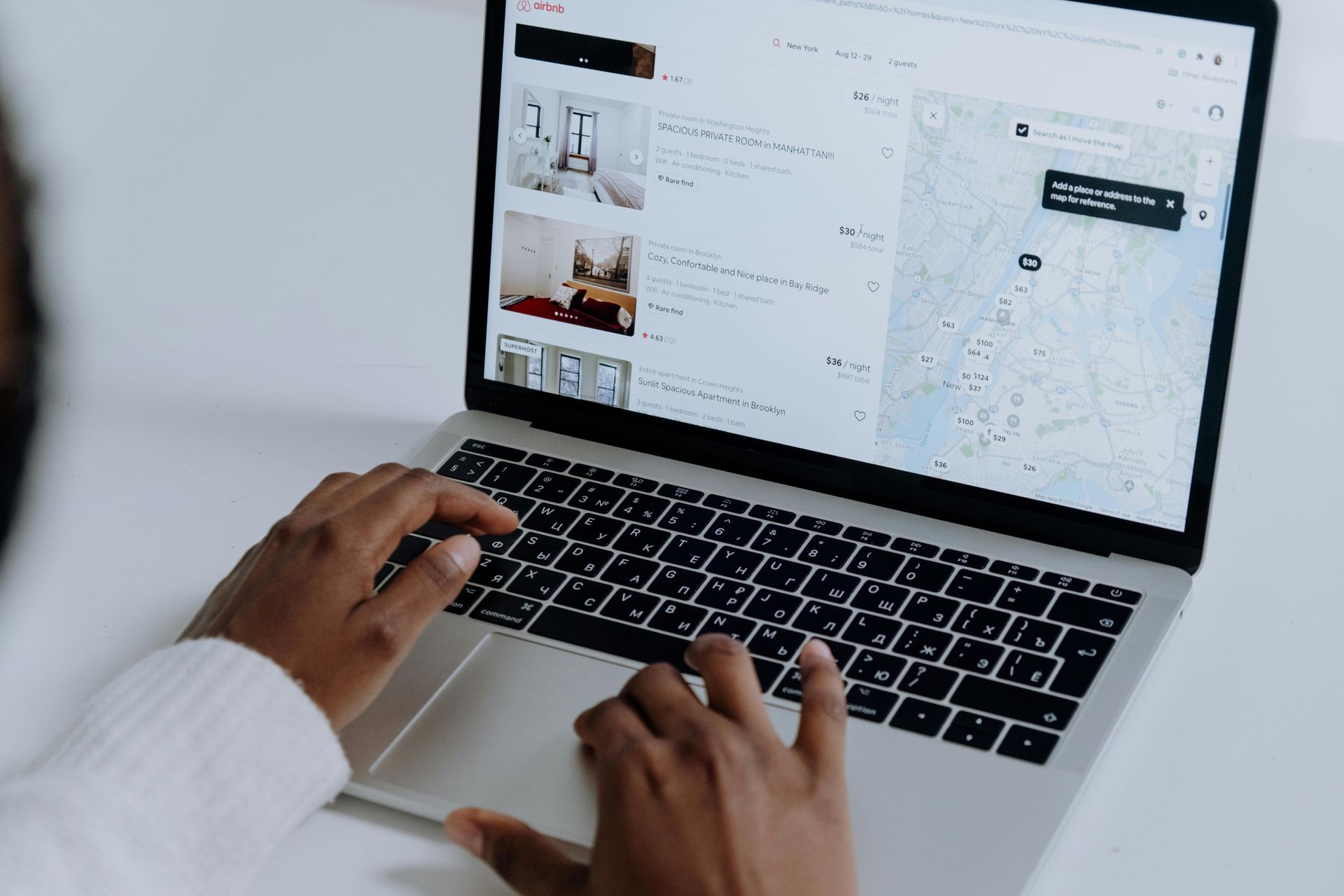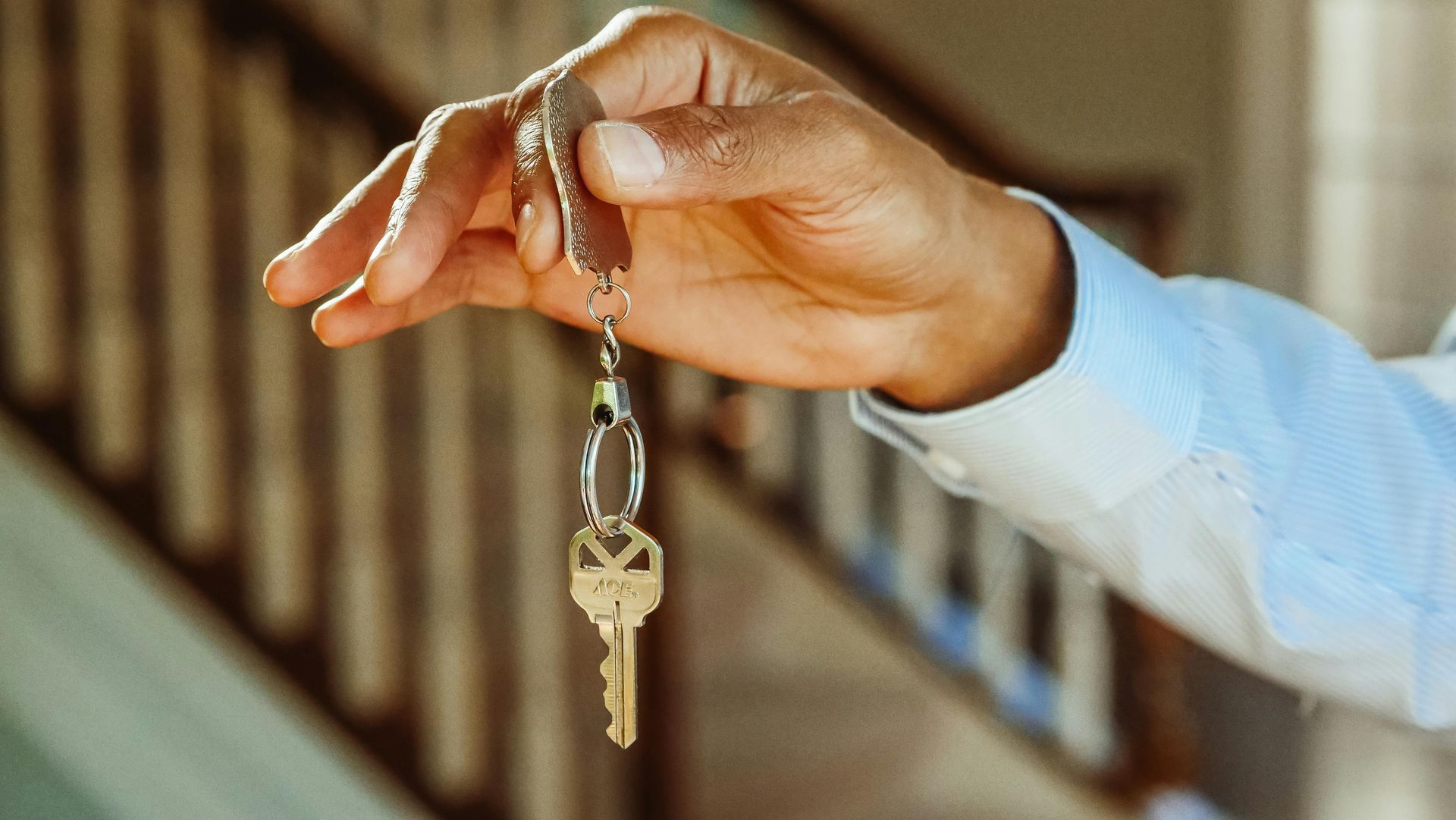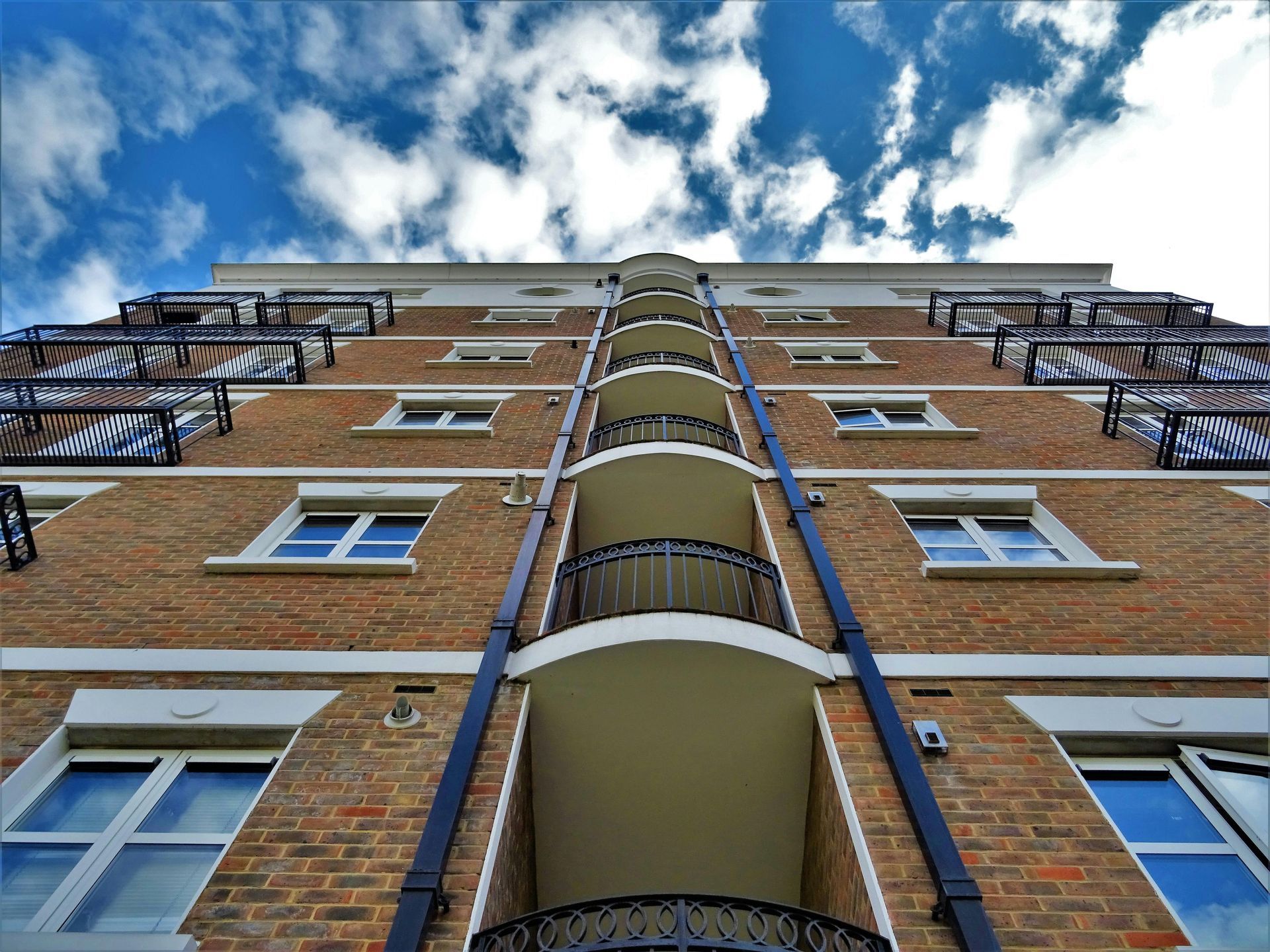Maximizing Your Airbnb Rental Income: A Step-by-Step Guide
If you’ve ever hosted on Airbnb, you know it’s not just about handing over a key and hoping guests don’t steal your Wi-Fi password. It’s a full-blown side hustle—or for some, a full-time gig—with serious income potential. But managing your property efficiently? That’s where many hosts either thrive or crash harder than a guest trying to open a corked bottle without a wine opener.
Whether you’re a first-time host or already have a few five-star reviews under your belt, understanding the ins and outs of Airbnb property management can help you turn your rental into a steady income stream. From pricing strategy and communication hacks to tips on automation and when to call in the pros, this guide walks you through it all.
Let’s get into the nitty-gritty of turning your rental into the cash-flowing, guest-pleasing, review-raking machine it’s meant to be.
Step 1: Create an Airbnb-Optimized Listing That Sells
First impressions matter. That means your Airbnb listing needs to shine brighter than a freshly cleaned toilet (yes, that's also important).
Here’s what to focus on:
- Headline: Use a catchy and clear headline. Think: “Cozy Beach Bungalow 5 Minutes from Downtown.”
- Photos: Hire a professional or take high-resolution, well-lit photos. Include shots of every room, plus unique features.
- Description: Write like you're talking to a friend. Be clear about amenities, check-in process, and what makes your place special.
- Amenities List: Don’t forget this! Wi-Fi, free parking, coffee maker—all these things make a difference.
The better your listing, the higher your chance of bookings and great reviews. Think of it as your online dating profile... for your property.
Step 2: Smart Pricing Strategies to Stay Competitive
Want to rake in more revenue? Pricing is key. Airbnb property management isn’t just about hosting guests—it’s about knowing the market. And that means setting your price strategically.
Tips to master pricing:
- Use dynamic pricing tools: Tools like PriceLabs, Wheelhouse, and Airbnb’s Smart Pricing adjust your rates based on demand.
- Check your local competition: Look at listings with similar features and locations.
- Adjust for seasonality: High demand during holidays or festivals? Raise those prices!
- Offer discounts: For longer stays or last-minute bookings.
Don’t set it and forget it. Review your pricing every couple of weeks to keep things optimized.
Step 3: Automate the Guest Experience (and Your Sanity)
You’re not a 24/7 concierge—unless you want to be. The secret sauce of successful Airbnb property management is automation.
Here’s how you can do it:
- Automated messages: Use apps like Hospitable or Airbnb’s built-in messaging to schedule check-in/check-out instructions, welcome notes, and reminders.
- Smart locks: Keyless entry makes it easier for both you and your guests.
- Cleaning schedules: Use a tool or service that syncs with your calendar to auto-schedule turnovers.
- Task checklists: Automate communication with your cleaner, maintenance folks, or laundry service.
The goal? Create a seamless system where guests feel cared for—and you get to sip your coffee without 6 a.m. check-in texts.
Step 4: Cleanliness Is King: Professional Standards Matter
One of the biggest deal-breakers for guests is cleanliness. Airbnb reviews are brutally honest, and one comment about “mystery stains” can scare off potential guests forever.
Pro cleaning tips:
- Hire a professional cleaning service: Worth every penny.
- Use hotel-style cleaning checklists: Make sure nothing gets missed.
- Stock up: Refill toilet paper, soaps, towels, and coffee supplies before every stay.
- Inspect often: Even if you hire help, do your own walk-throughs occasionally.
A squeaky clean property doesn’t just earn stars—it earns repeat guests.
Step 5: Stellar Communication = Stellar Reviews
Whether you're an extrovert who loves chatting with guests or more of a “leave the key under the mat” type, communication is essential.
Here’s how to stay on top of it:
- Respond quickly: Airbnb tracks response times. Fast replies = better placement in search.
- Be proactive: Let guests know what to expect during their stay, from parking to Wi-Fi.
- Stay available: If guests need help, be responsive but respectful of their space.
- Handle issues gracefully: Something broke? Apologize, fix it fast, and maybe offer a small gesture of goodwill.
Airbnb property management is about creating a welcoming, stress-free experience. Great communication is what turns “meh” stays into five-star memories.
Step 6: Decor That Wows (Without Breaking the Bank)
You don’t need to hire an interior designer to make your Airbnb pop. But you do need to put some thought into how your space feels.
Cost-effective décor tips:
- Stick with neutrals for walls and add pops of color with pillows, rugs, or art.
- Add local touches like a welcome book or maps to create a personal feel.
- Use multifunctional furniture—a futon that folds out or a table that doubles as a workspace.
- Lighting is everything: Add warm lightbulbs and bedside lamps to boost ambiance.
Your place should feel like a home away from home—not a clearance furniture showroom.
Step 7: Know When It’s Time to Hire Help
Let’s face it—managing an Airbnb can feel like juggling flaming swords while blindfolded if you’re doing it solo. If it’s getting overwhelming or if you own multiple properties, consider outsourcing to a professional property manager.
What a good Airbnb property manager handles:
- Booking and guest communication
- Pricing and listing optimization
- Cleaning and maintenance coordination
- Review and reputation management
- Handling complaints or damage claims
Just make sure you vet them properly. Not all property managers are created equal, especially in the short-term rental world.
Step 8: Tracking and Tweaking for Long-Term Success
If you’re not measuring your performance, how do you know what’s working?
Track these key metrics:
- Occupancy rate
- Average nightly rate
- Guest ratings and reviews
- Cleaning and maintenance costs
- Profit margins
Tools like Airbnb’s dashboard or third-party platforms can help. The goal is simple: Make more, spend less, stress never.
Let’s Talk About Real Property Management
While we’ve focused on Airbnb property management throughout this guide, it’s worth mentioning that short-term rentals aren’t the only option out there.
In fact, if you’re ready to take the next step with real estate investment—without worrying about check-in messages and guest towel demands—long-term property management might be more your style.
That’s where we come in.
Ready for a More Hands-Off Approach? Call Cairncross Property Management in San Diego, CA
At Cairncross Property Management, we are experts in full-service property management throughout San Diego, CA and nearby communities. Whether you're tired of handling your own tenant screening or simply want a more reliable income stream without the day-to-day headaches, we’ve got you covered.
From
residential rentals and
vacation properties to
vendor support, our team handles everything from rent collection and maintenance to marketing and compliance. Give us a call at
(858) 490-1450 and find out how we can help you simplify your property ownership journey while maximizing your return on investment.
FAQs
Can I apply Airbnb property management strategies to long-term rentals?
Yes! Many principles—like good communication, property maintenance, and pricing strategy—translate well into long-term property management.
Do I need a license to manage an Airbnb property?
That depends on your city or county. Some locations require hosts to register, get permits, or pay local lodging taxes. Always check your local regulations.
How much does Airbnb property management typically cost?
Most Airbnb property managers charge 20 to 30 percent of the rental income. Prices vary depending on the level of service offered.
Can I manage an Airbnb remotely?
Absolutely. With smart locks, automated messaging, and local cleaning teams, many hosts successfully manage properties from a distance.
What’s the main difference between Airbnb property management and traditional property management?
Airbnb management is focused on short-term stays with high guest turnover, while traditional property management typically deals with long-term tenants and involves different compliance, leasing, and maintenance procedures.
Posted in Uncategorized
